I’m a huge fan of F. Scott Fitzgerald’s The Great Gatsby. I have read the book three times, which is rare for me. Very few titles make it onto the ‘read more than once’ list. Films made from books rarely achieve the brilliance of the book (unless you’re talking about Twilight – not a great film, but the books are far, far worse). My one exception to this would be The Quiet American. Knowing this, I approached the film with caution. And it is what you might imagine – a typical Baz Luhrmann spectacular epic, with a roaring soundtrack, visually mesmerising, and excellent acting. But how does it do at representing the book overall? It’s ok.
Plot
The novel was published in 1925. If you don’t already know the story, shame on you… (In other words, spoilers may lie ahead, but can they really be spoilers so long after the story has been published?!)
The un-filmable novel
The Great Gatsby, as a novel, is not long. It has a lovely self-contained story and a plot that rolls along at a rollicking pace for a piece that is meant to give an impression of an era. So in theory, a film of this novel should be easier to do than a film of a novel several hundred pages long. Then why is this often called the un-filmable novel? I think this comes down to two characters: Nick Carraway and Jay Gatsby. In the novel, Nick is a non-character. He is the narrator, but has no impact on the novel’s plot. He is always on the outskirts of the action. How do you make a film told from the perspective of a character who is unimportant to the momentum of the plot?
Tobey Maguire’s Carraway does a nice job at this. There is enough wonder in his eyes in all the big scenes, enough naiveté, and at least a little bit of actual involvement in the story to give his character purpose. He is still very much the observer – something that Tom Buchanan remarks upon before getting Nick to take part in the afternoon’s debauchery. The invented framing device of Nick’s sanatorium reflection also helps give his character more to do. We feel more like there is a purpose for his reflection on Gatsby… more than simple self-indulgence.
Gatsby is an enigma. He is a mystery. Gatsby’s biggest strength is that he lives in the imaginations of other people – even the people of Fitzgerald’s fictional New York are only fascinated by Gatsby through outlandish rumours. As readers we love to invent our own version of Gatsby – so how can a single actor portray such an enigmatic man? Well, truth be told, they can’t. DiCaprio was very good in the film, he is an immensely talented actor. But he wasn’t my Gatsby. Maybe he was someone’s Gatsby, but certainly not the one I invented in my head. I think any actor in that role would be a disappointment.
The Baz effect
Baz Luhrmann made it big following his Australian cult classic film, Strictly Ballroom (a film that starred the lovely Paul Mercurio – who, for a short time, lived next door to my aunt… my best friend and I wanted desperately to invent a reason to go next door (ask for sugar, perhaps?), especially when we could hear ballroom music (my aunt very wisely kept us far away from any entanglements with restraining orders). Strictly Ballroom’s success opened up Hollywood for Baz, who found even greater success with the DiCaprio helmed Romeo and Juliet and again with Moulin Rouge! The thorn in Baz’s side has been Australia. Yes, the dialogue was terrible, and the plot thin, but Hugh Jackman along with the beautiful Australian landscape was enough to make me think the film was alright (maybe I don’t expect too much). Oh, and David Wenham – love him!
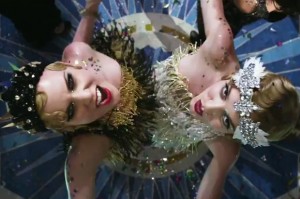 In all of Baz’s films, there is a certain grandiose and spectacular schizophrenia to the visual imagery – complemented by a cacophony of sound. Metaphorical and powerful imagery has always been central to Luhrmann’s filmmaking, and Gatsby is no exception. The ‘eyes’ (a long forgotten billboard ad for a no longer existing optometrist) that watch over New York’s ‘valley of ashes’ are shown again and again. There are sweeping shots of the city, with stylised views; fast shots directly down tall buildings, and so on. If you’ve seen Moulin Rouge!, then many aspects of Gatsby will start to look familiar. We have a narrative framed by the author of it typing out the story. We have the foreshadowing of the death before it happens. We even have close-ups of the letters/words on the page as Nick types them.
In all of Baz’s films, there is a certain grandiose and spectacular schizophrenia to the visual imagery – complemented by a cacophony of sound. Metaphorical and powerful imagery has always been central to Luhrmann’s filmmaking, and Gatsby is no exception. The ‘eyes’ (a long forgotten billboard ad for a no longer existing optometrist) that watch over New York’s ‘valley of ashes’ are shown again and again. There are sweeping shots of the city, with stylised views; fast shots directly down tall buildings, and so on. If you’ve seen Moulin Rouge!, then many aspects of Gatsby will start to look familiar. We have a narrative framed by the author of it typing out the story. We have the foreshadowing of the death before it happens. We even have close-ups of the letters/words on the page as Nick types them.
This film is beautiful. The costumes are fantastic, as are the sets. I thought this would be one of those films that I should see in 3D, but I actually think I would have preferred it in 2D (as I do all films so far). When the 3D is actively used, it is too in-your-face (Yes, I get it, snow falls…). But for the most part, you don’t really notice the 3D (except for the headache it gives me). His film direction is not what let’s Baz down, but his scripts. While I am generally a fan of his work, and I always enjoy his films (yes, even Australia), I am aware of his pitfalls. This film is much like his others, so if you already know you don’t enjoy his work, don’t bother with this one.
The uneven film problem
This book is one of those rare novels that compels you to read on. I’m a very slow reader, and I often find it difficult to really get into even the best of books. But The Great Gatsby hooked me from the beginning. I read the entire novel (not that it is very long) in only a few hours – and all in one day. That is unheard of for me! So why did the film feel very slow in parts? At other times, it raced ahead and I never wanted it to stop. Individual scenes had the same problem. Some of them captured the feel of the book perfectly – the parties, the scene in Tom’s New York apartment, the moment when Gatsby is waiting for Daisy to arrive for tea at Nick’s house… and yet other moments fall flat. Throughout the course of the film I flipped from loving it to finding it decidedly average. Overall I think it balanced out to an above average film.
How faithful is the film to the book?
The film is remarkably faithful to the novel. There were four main areas where I felt the film deviated from the novel (I’m sure the observant fan can see more).
1) Luhrmann’s invented narrative framing device of Nick’s sanatorium visit. In the film, the story is told by Nick from within a sanatorium, after his therapist suggests he write about his experiences to help clear his mind. This works as a framing device for the film, and allows a bit of extra character growth for the otherwise limited character of Nick, but it isn’t in the original book.
2) Daisy’s non-existent relationship with her daughter. Daisy mentions her daughter once in the beginning of the film, and she is seen briefly at the very end of the film. But what is missing is the failed interactions Daisy has with her daughter in the book. The audience doesn’t see just how truly shallow and selfish Daisy is without these interactions, so I was sorry not to see them included.
3) Wolfsheim doesn’t tell Nick that he too believes that Gatsby’s stories are lies. What is so interesting about Gatsby in the novel is that he seems to want everyone to know that his invented life is just that – invented. Wolfsheim tells Nick he doesn’t believe it, but loves Gatsby just the same. I felt that this tiny interaction, when left out, detracted a lot from the character of Gatsby and how Nick views him.
4) Tom breaks Myrtle’s nose in the New York apartment. Tom is an asshole, a brute, a beast. He is mean to his wife and violent with his mistress, but again, this side of him is glossed over in the film. During the wild party scene at his ‘affair apartment’ in New York there is a very brief shot of Tom hitting Myrtle. However, we don’t see why he does this, or the damage that he does.
These differences between the book and the film are generally problematic. A lot of the points that Fitzgerald was trying to make are glossed over and we subsequently see less characterisation of characters that could have been more interesting. The only character that benefits from Luhrmann’s re-imagining is Nick Carraway. But is this Luhrmann’s success or Tobey Maguire’s? The Great Gatsby is a novel with very little waste in it. What is included is done so for a reason.
The soundtrack
It wouldn’t be a Baz Luhrmann film if it didn’t having a fantastic soundtrack, and this one is no exception. I still remember the Christmas that I got both volumes of the Romeo and Juliet soundtrack on CD. I excused myself early from the dinner festivities to go hide in my room, sit in the dark, and let my imagination soar. Ok, so maybe this reveals rather a lot about me, but let’s just say that I loved it. Jay Z was an executive producer of the film and played a major role in developing the soundtrack. As well as featuring several tracks of his own, there is a cover of his wife’s epic ‘Crazy in Love’ (which originally featured Jay Z as well, of course) by Emili Sande, a cover of Amy Winehouse’s ‘Back to Black’ sung by Andre 3000 and Beyonce, along with Lana Del Rey, Bryan Ferry, Florence + The Machine, The xx, Sia, Gotye, and more. I’m loving the soundtrack on its own and it really worked in the film. Baz does know how to make a truly spectacular film – one that looks and sounds fantastic.
Verdict: This is an ok film. Enjoyable enough, but not brilliant. While there are some truly wonderful moments, they are counteracted when the film loses pace and direction (this film is too uneven!). Good thing there’s amazing costumes and a kick-ass soundtrack to keep things going. Even the slightest of deviations from the original book leave a lot to be desired.
 Pop Verse Pop Culture Universe
Pop Verse Pop Culture Universe
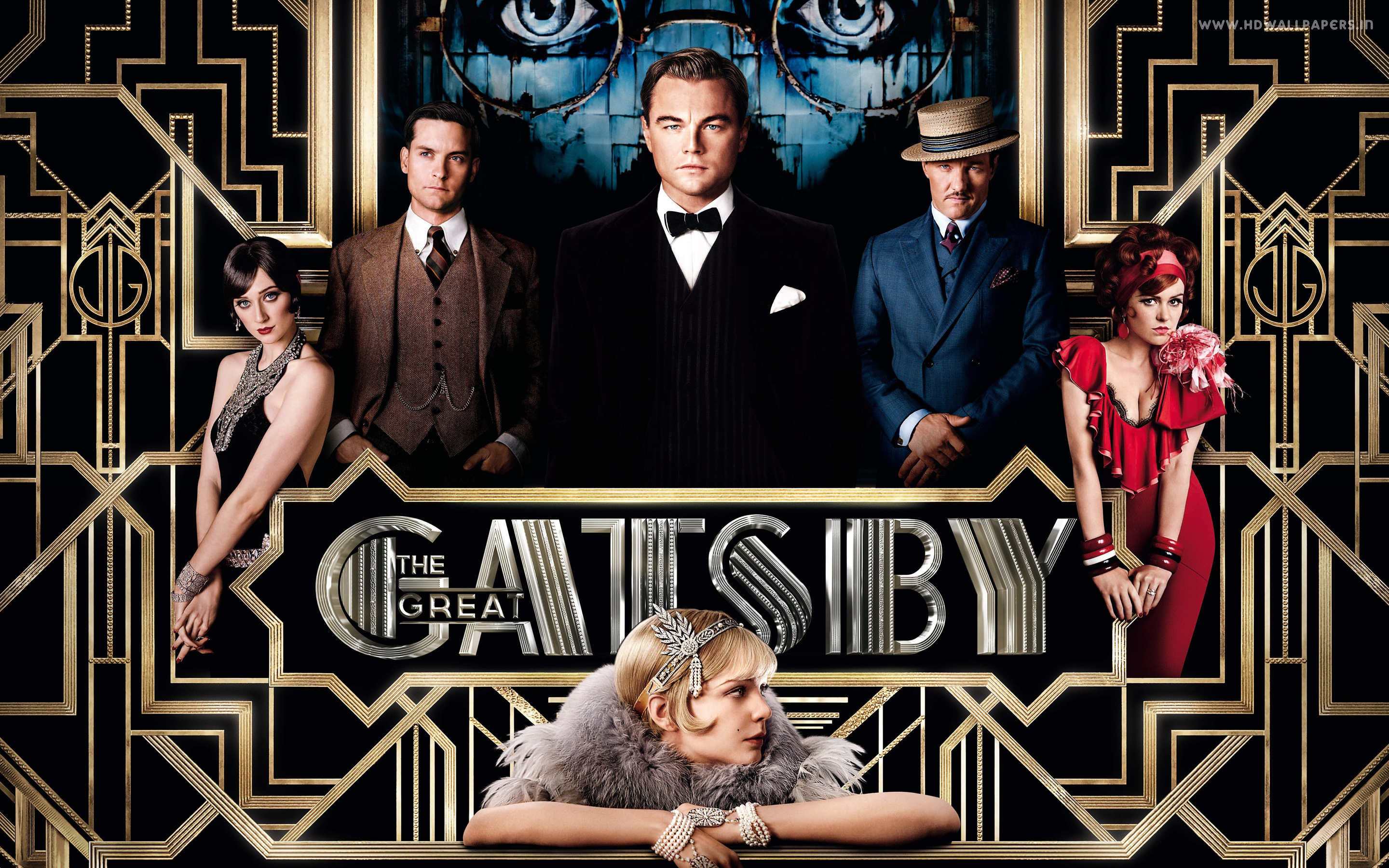
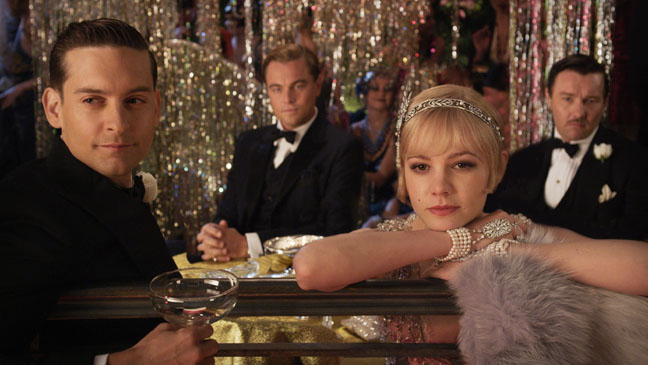
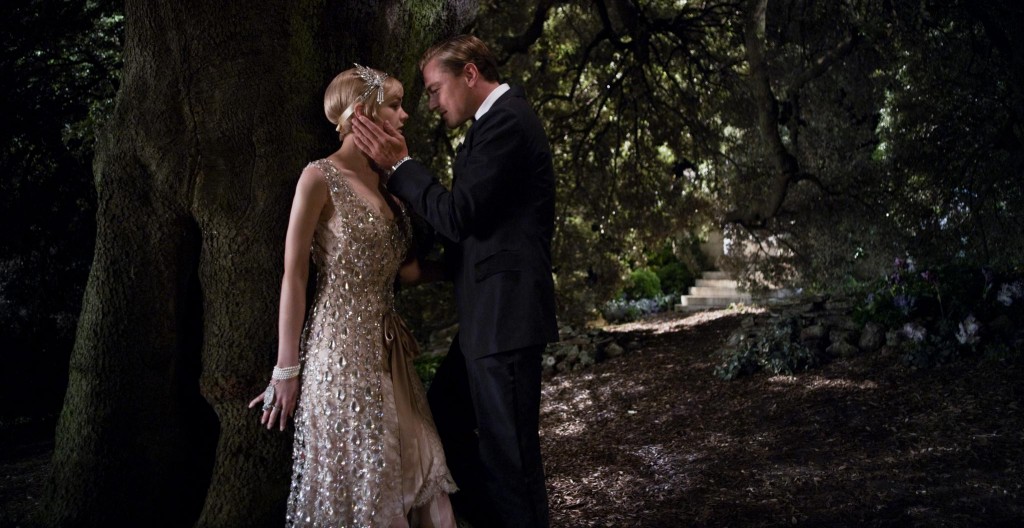


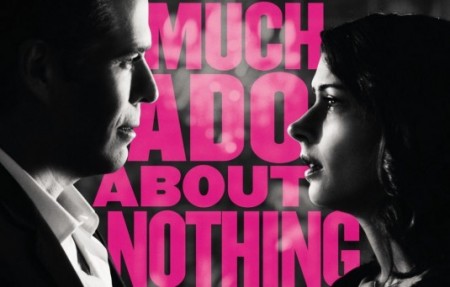
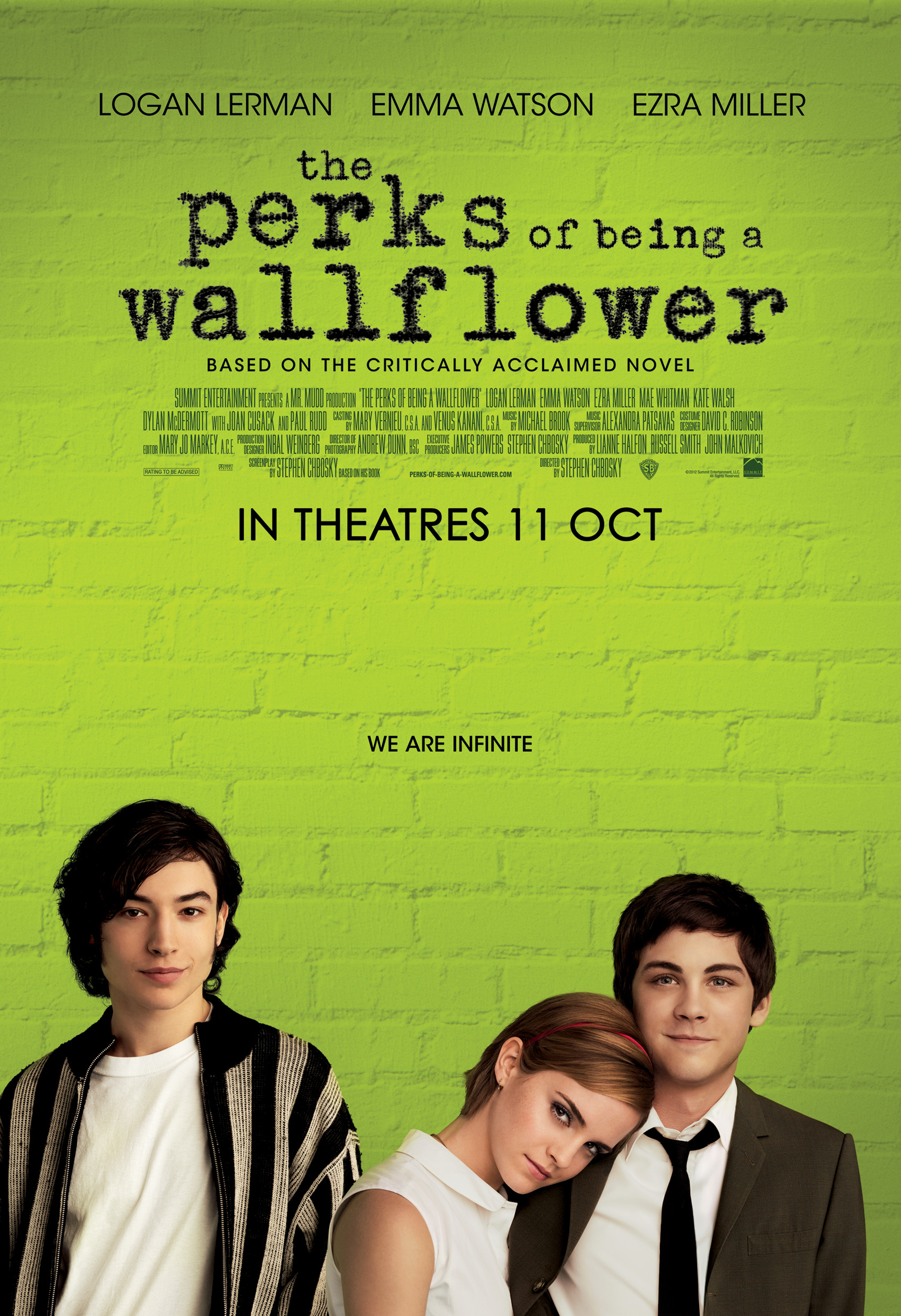
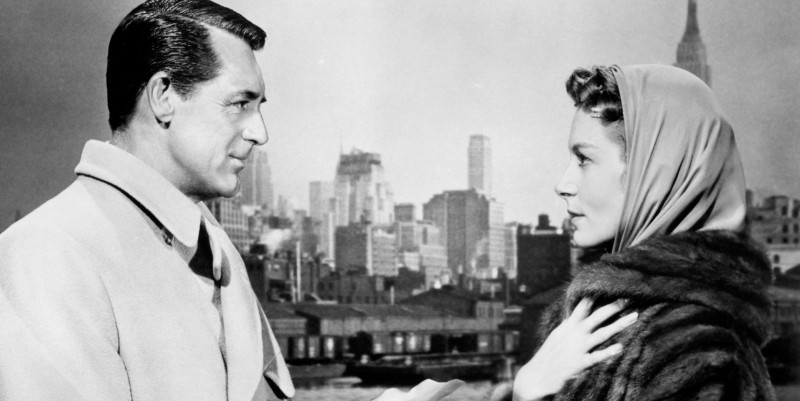

What an incredibly perceptive and well thought-through review. Caraway’s role unfilmable, yes. Altogether, though, I found the film far subtler and more interesting than most critics had led me to expect.
Thanks Sarah! Yes, I did enjoy it more than I thought I would after reading some other reviews as well.